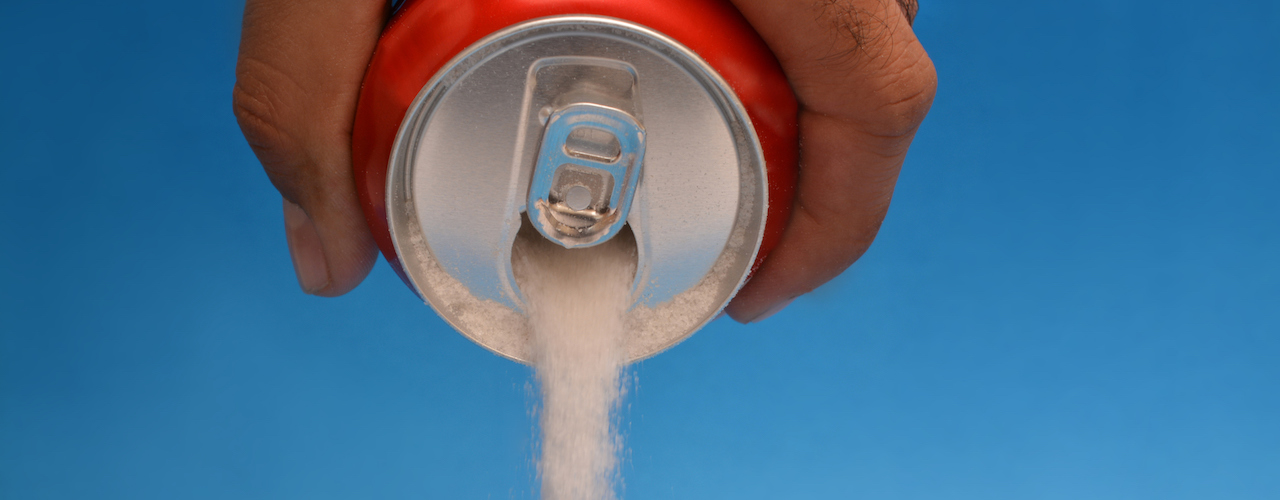A case for removing soda from hospitals and health systems
Learning to walk the walk . . .
I can’t quite put my finger on it, but I think the main reason I don’t drink soda is because of my upbringing. Cups of water or milk were sometimes interjected with pleading cries for cola, but overall soft drinks weren’t a part of my diet. My father’s go-to drink was seltzer and my mother drank coffee. But, soda? No thanks. So, I followed suit.
All of a sudden, it appears that the rest of America has jumped on the bandwagon. Last year, we reported how sales of full-calorie soda in the United States decreased by more than 25 percent over the last 20 years. Berkley, CA was the first city to pass a soda tax, and recent reports show that it is working to limit the amount of soda people consume. Alternative beverages such as flavored water or low-calorie juices are gaining popularity. Even Pepsi and Coca-Cola are struggling with sales.
I understand why I don’t drink soda, but what’s with this cultural shift?
Are more Americans becoming educated about the health risks associated with drinking sugary beverages? (Yes). Are politicians successfully passing legislation that places taxes on soda? (Yes). Are hospitals and health system taking measures to reduce patients’ soda intake? (?).
Hospitals and soda …
While physicians and nurses might educate patients about the negative effects of drinking sugary beverages, healthcare organizations aren’t exactly walking the walk. According to MPR News, as little as 100 hospitals have banned the sale of sugary drinks. Meanwhile, there are over 5,000 hospitals nationwide. There’s little research that suggests hospitals and health systems are actively decreasing their carbonation footprint. Does that mean that doctors can advise their patients not to drink soda, but can then purchase a bottle from a vending machine?
The main ingredient in soda is sugar. Sugar contributes to population health issues such as obesity (among other fatal diseases). According to a report conducted by Harvard T.H. Chan School of Public Health, people who regularly consume sugary drinks (one-to-two a day) have a 26 percent greater risk of developing type 2 diabetes than people who rarely drink these beverages. They are also at risk for heart disease and gout.
Other industries and municipalities have recognized the health risks associated with soda and stopped selling it all together. Recently, Philadelphia became the first big city to pass a soda tax successfully. Local governments in California have banned sugary drinks from public buildings. New York City officials tried to instate a soda tax that would have banned large-sized sugary beverages, but it was struck down in court. At least they tried.
However, hospitals and health systems seem a little late to the party. If physicians and staff are regularly educating their patients about the adverse effects of drinking sugary beverages, then don’t you think it’s time to follow through? With soda sales spiraling downward, it feels like the right thing to do. If patients are cutting down on their sugar intake, your organization needs to find a way to cut out sugar, too.

